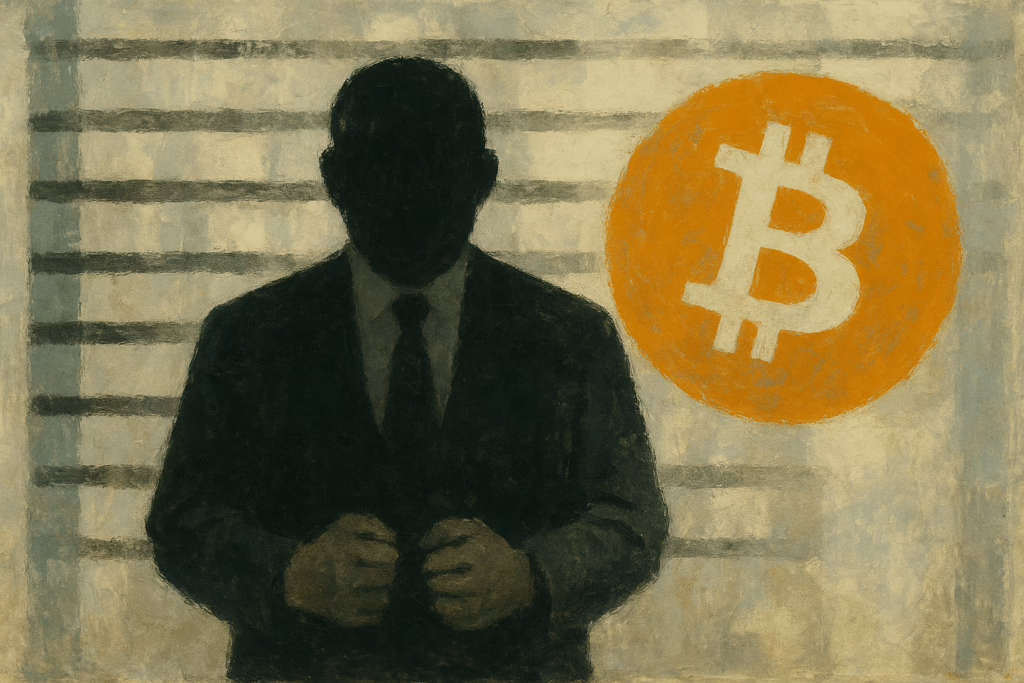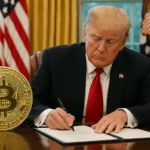
- Do Kwon, co‑founder of Terraform Labs, has pleaded guilty to conspiracy and wire‑fraud charges tied to the explosive collapse of TerraUSD and Luna, which wiped out an estimated $40 billion in investor value.
- Under a plea deal, Kwon faces up to 12 years in prison, must forfeit over $19 million in assets, and surrender his stake in Terraform—significantly lower than the 25-year maximum recommended.
- The downfall of Terra’s stablecoin highlights increasing regulatory scrutiny over crypto projects, raising questions about investor protections and the future of algorithmic stablecoins.
An Arrest That Captivated Crypto’s Watchful Eye
In a dramatic turn in New York today, Do Kwon, 33, widely dubbed the “cryptocurrency king,” formally pleaded guilty in Manhattan federal court to two counts: conspiracy to commit fraud and wire fraud. These charges stem from the 2022 collapse of his firm Terraform Labs, and its algorithmic stablecoin TerraUSD (UST), alongside the companion token Luna, whose spike and subsequent nosedive devastated investor portfolios globally.
Terms of the Plea Agreement
As part of the negotiated plea arrangement, Kwon admitted to misleading investors by falsely maintaining UST’s $1 peg—a deception central to Terra’s allure as a supposedly stable, safe asset. Under the deal, Kwon is set to receive a sentence capped at 12 years in prison, despite federal guidelines suggesting a possible upper limit of 25 years. He will also forfeit more than $19 million in assets and relinquish his remaining stake in Terraform Labs and its associated cryptocurrencies.
U.S. Attorney Jay Clayton emphasized in court that Kwon “exploited the hype around cryptocurrency”—his actions led to one of the largest financial frauds in history, marking this case as a significant pivot point for regulatory perceptions.
Ripple Effects Across the Crypto Landscape
Terraform’s collapse famously triggered ripples across the market, and now, Kwon’s admission rekindles deep concerns about the integrity and oversight of algorithmic stablecoins and crypto projects at large. The plea underlines intensifying efforts by regulators to crack down on misleading crypto ventures and reinforce investor protections.
It also opens broader debate: can trust be restored in a market where dramatic collapses occur with alarming regularity? And how will the many victims of the Terra collapse—spanning retail investors to institutional participants—find recourse?
What’s Next?
Kwon’s sentencing is scheduled for December 11, 2025, a landmark date that will determine whether the crypto community will view this as a moment of accountability or a cautionary tale.
Do Kwon’s guilty plea serves as a flashpoint in the ongoing struggle to bring transparency, accountability, and oversight to the fast-evolving crypto world. As the December sentencing draws near, stakeholders—from regulators to investors—will be closely watching to see whether justice is served, and what signals the verdict will send about the future of digital assets.





